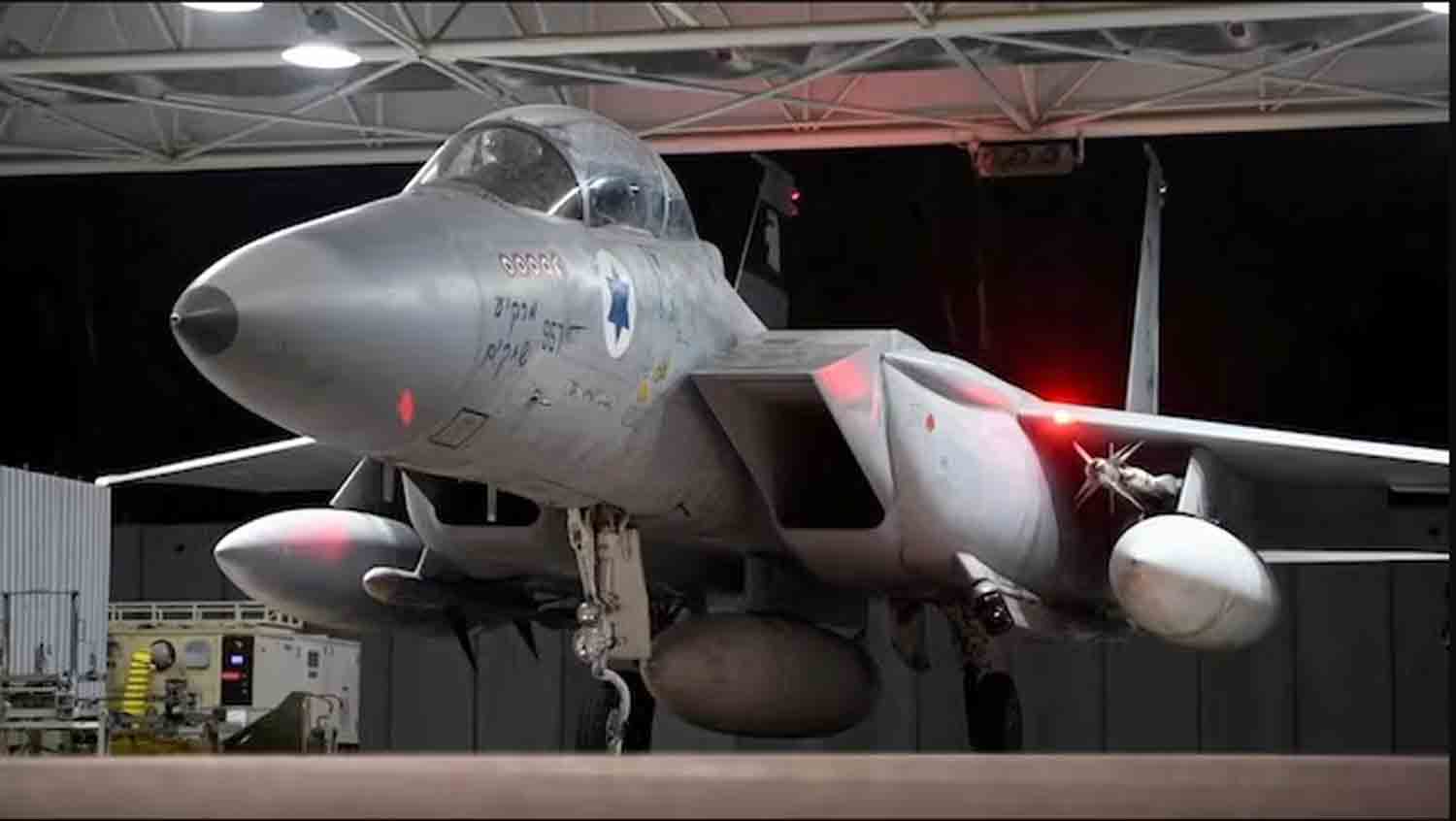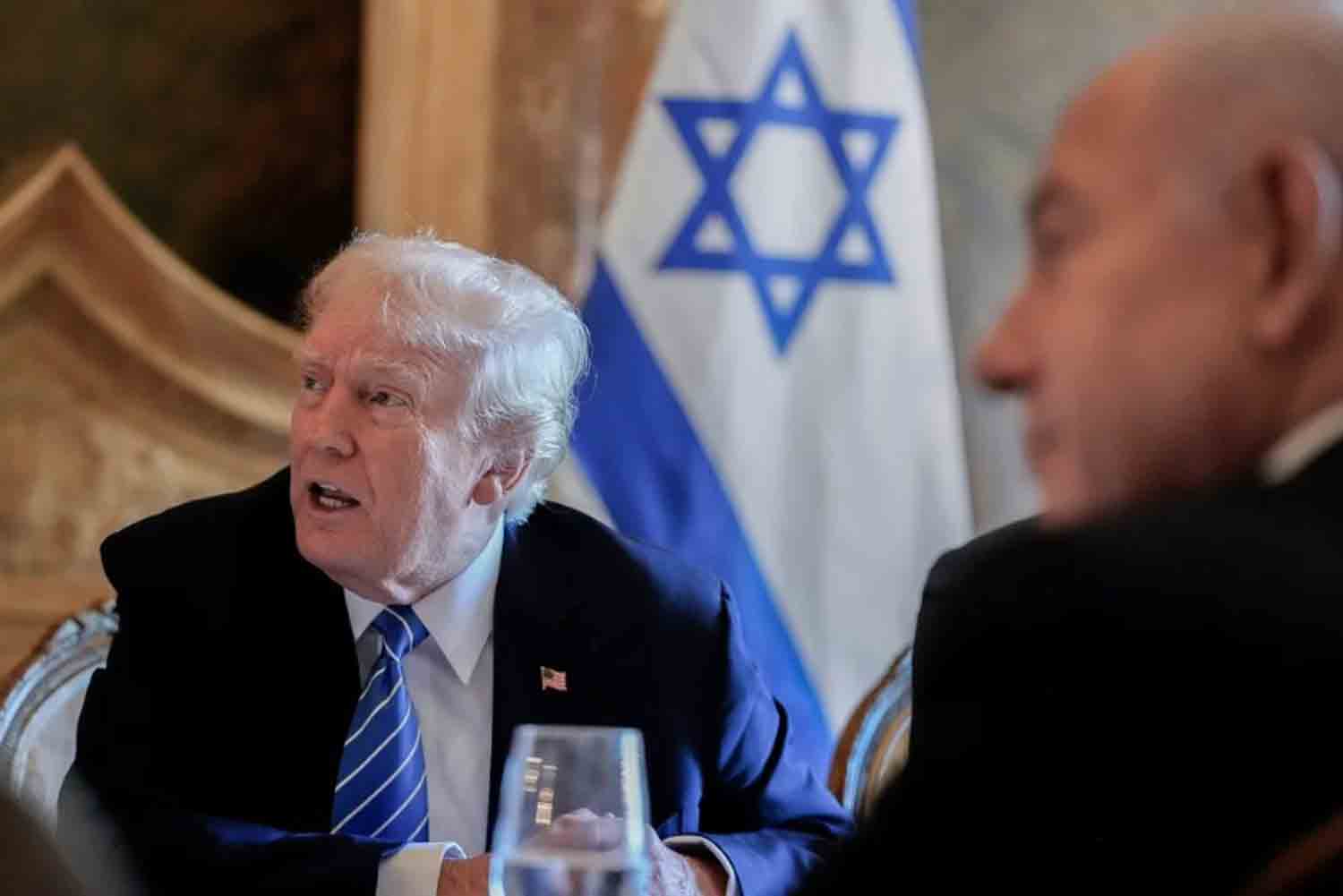Proponents of a preemptive strike against Iran significantly overestimate Israel‘s capacity to eliminate all of Iran’s nuclear assets.
Various figures, including former Prime Minister Naftali Bennett and John Bolton, have advocated for and continue to support military action by Israel against Iran’s nuclear infrastructure. With the Joint Comprehensive Plan of Action (JCPOA) effectively abandoned, these hawkish voices contend that Israel’s sole recourse to prevent Iran from developing nuclear weapons is through military intervention. However, the rationale for attacking Iran’s nuclear facilities is fundamentally flawed. Such an assault would not substantially hinder the program and could instead reinforce Iran’s belief that possessing nuclear weapons is essential for its security. Ultimately, while the prospect of Iran achieving nuclear capabilities is concerning, it would not necessarily lead to catastrophic outcomes for either Israel or the United States.
Supporters of a preemptive strike against Iran significantly overestimate Israel’s capacity to eliminate all of Iran’s nuclear capabilities. Military intelligence is inherently flawed, making it improbable that Israel could accurately pinpoint the locations of all of Iran’s nuclear assets. For example, Iran has likely distributed its nuclear research facilities and technologies throughout the country to complicate targeting efforts. While Iran possesses only two enrichment sites capable of producing uranium suitable for nuclear weapons, it has fortified its nuclear installations, with at least one facility buried so deeply that even U.S. airstrikes would probably fail to destroy it. This situation complicates Israel’s ability to detect and neutralize these nuclear capabilities, necessitating U.S. involvement to increase the likelihood of success.
Even in the highly improbable event that Israel were to eliminate all of Iran’s nuclear capabilities, Iran would still retain the essential knowledge required for constructing nuclear weapons. This underscores the enduring nature of nuclear weapons; the absence of an actual weapon does not erase a nation’s capability to develop one. Should Israel attempt to forcibly denuclearize Iran, it would likely reinforce Tehran’s belief that acquiring a nuclear arsenal is the only viable means of ensuring its security—the ultimate equalizer in the realm of international relations.
Proponents of Israel’s military actions against Iran’s nuclear sites contend that Tehran would deploy a nuclear weapon with the intent to annihilate Israel. Given Iran’s historical statements expressing a desire for Israel’s destruction, it is understandable why such concerns arise. Nevertheless, it is essential to analyze Iran’s actions alongside its rhetoric. The possession of military power imposes limitations even on the most fervent nations and leaders. Israel’s substantial nuclear arsenal ensures a credible second-strike capability against Iran, which would jeopardize Iran’s survival and dissuade it from initiating a nuclear attack on Israel. Evidence suggests that Iran is unlikely to provoke a conflict that would lead to its own destruction.
Moreover, advocates for preemptive strikes against Iran argue that the nation could leverage its nuclear capabilities as a form of nuclear coercion to prevent regime change, thereby emboldening it to take greater risks with its conventional military and proxy forces. As Kenneth Waltz noted, “A significant reason for America’s opposition to the proliferation of nuclear weapons is that if weaker states possess them, it will limit our actions.”
This argument, however, does not hold up when considering military capabilities and the realities on the ground. Analyzing Iran’s conventional military strength reveals that it would struggle to sustain a prolonged conflict with Israel and cannot assert dominance over the Middle East. Additionally, Iran’s proxies offer limited support, as Israel is actively targeting them, and their contribution to Tehran’s political influence is minimal, serving primarily as a deterrent. The targeted elimination of leaders from Hezbollah and Hamas only amplifies Tehran’s anxieties and its motivation to pursue nuclear weapons.
This situation does not imply that global concerns regarding a nuclear-armed Iran should be dismissed. Nuclear weapons represent the most devastating force in human history, and vigilance is essential when a new nuclear power emerges. However, to echo Machiavelli, prudence requires selecting the least harmful option. In this context, the most prudent course for Israel and the United States is to refrain from preemptive strikes on Iran’s nuclear infrastructure.
Discover more from Defence Talks | Defense News Hub, Military Updates, Security Insights
Subscribe to get the latest posts sent to your email.





